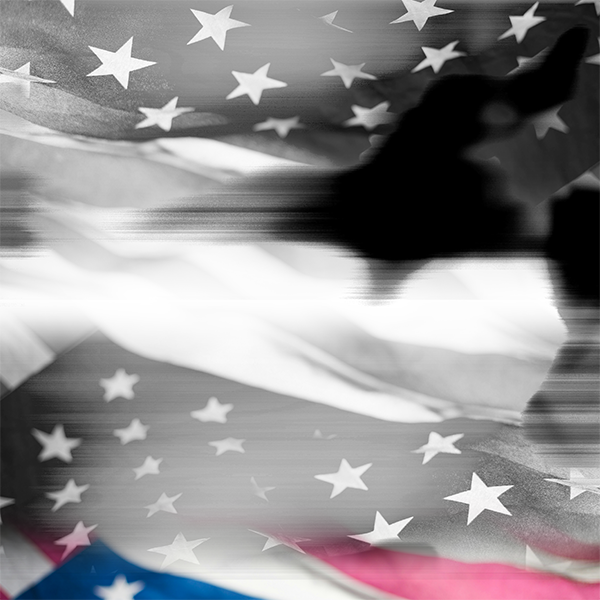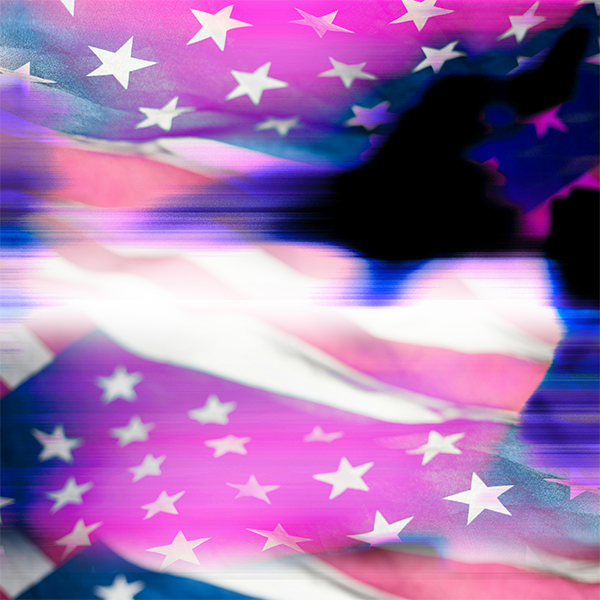White-Out: Going Deeper, Reading Wider
It was a Tuesday when I realized I was an uneducated pastor.
Don’t get me wrong, an undergraduate degree in ministry and seminary are all on my resume, but I was missing something, and so are a lot of other people. I was missing a robust understanding of the universal church. As I was scanning my over-filled, buckling bookshelves, I noticed they were populated with the same books, books written by white guys.
The vast majority of my theological reading was penned by white Christian men.
Without a doubt, most of these men were or are thoughtful, faithful followers of Jesus. I don’t doubt that. What I do doubt is their ability to grasp the vast and colossal nature of the universal church.
Why? Because their understanding of scripture, like all understandings, are perspectival and socially located. In short, white theologians, just like African–, South American–, Feminist–, Liberation– (etc.) theologians, understand and interpret scripture from a point of view.
All understandings are perspectival and socially located. Share on XNo one can be blamed for my shallow library except me. My take on scripture largely excluded voices from most of the world. I should have known better.
A Quick(ish) Story:
For over two years, I shopped a book proposal that will finally reach book sellers this fall. I had a great proposal, an agent who had shepherded some of the biggest books in Christianity (and I mean that), and we were hopeful for a good response. Almost every publisher sent back praise…along with their denials.
A few publishers pushed the proposal along to editorial and marketing boards and all of them eventually came back with something that sounded like this, “We don’t think we can sell black authors.”
Did you know there’s a person at some of America’s largest booksellers who is in charge of marketing authors of color? I didn’t. I do now.
That’s when I realized I was part of the problem. Though I read more writers of color and women authors than most people, my book purchasing hadn’t intentionally sought out minority authors. Publishers couldn’t sell me, partly, because I wasn’t buying others. And I bet the same is true for many Christian readers.
Go ahead. Take a look. How much of your library is white?
The Color of Surprise
But this is about more than who gets published.
What’s more important is that white Christians read and understand the gospel message differently than Christians of color. Sunday morning is not the most segregated hour of the week only because of worship or preaching styles. Churches are segregated, to some degree, because of actual content. Take, for instance, the most recent presidential election.
White Christians largely voted for President Trump, but black Christians did not. Both groups say their faith informed their choices.
Nine years ago it was revealed that then presidential candidate Barack Obama was a member of Trinity United Church of Christ which was pastored by Rev. Dr. Jeremiah Wright. Cable news played a loop of a portion of Dr. Wright’s sermons reflecting on 9/11 called, “The Day of Jerusalem’s Fall.” In the message, Wright talked about the dirty facts of American history — slavery, relocation of Indigenous people, and other acts he felt were unjust, finally saying “God damn America.”
Absent of the full context, some media personalities jumped on the chance to criticize Wright’s sermon, and by extension, Obama.
They questioned whether Trinity United was even a Christian church. My response was simple: The people criticizing Wright have never been in a black church. They’ve never read Black, Liberation, South American or Womanist theologians, because those readings of scripture do not venerate the State and governments the same way white Christians do.
And they don’t because of some of the reasons articulated by Dr. Wright. This is not an odd message in that Christian context. And the lack of reading and listening to the tenor and tone of diverse Christian voices left white Christians disoriented and offended.
I don’t care to defend or attack Dr. Wright. I do hope to highlight the fact that those who were surprised by Wright’s words were surprised via their own ignorance of their fellow brothers and sisters and the various ways the gospel story comes to life in different communities. As a friend of mine says, “The color of surprise is white.”
Take a look. How much of your library is white? Share on XThe White Out
Part of the problem has been that we’ve largely located white, male theology as the central theological lens, and everything else is a bastardized subdivision of the main thing. Nevertheless, priests and pastors of color and in locations such as South America, Australia, and Africa do their own theological work.
Female scholars from around the world, as well as the poor, disenfranchised, and under-resourced Christians, read and reflect on God, scripture, and life too. Women and men across the globe perform the same chore as white Christian men and as they faithfully labor, many arrive at different – and sometimes differing – theological conclusions than their white, male counterparts.
Instead of calling their work “theology,” though, Western Christians gave other people’s endeavors a hyphen: Feminist-theology, Liberation-theology, Missional-theology, African-American-theology, and so on.
I can’t say what we meant when we did this, but the effect has been to mainline white, male perspectives as “theology” and regard Other theological perspectives as some twisted, agendized off-shoot of actual theology, even though there are various tones of white, male perspectives as well.
So, I decided to spend my dollars and time consuming writing done by Others. I’ve called this my “White-Out.” I don’t mean that pejoratively, but descriptively. I did something similar a few years ago when I exclusively read women. I determined that for an extended period of time I’m not reading white guys (unless they are personal friends). That doesn’t mean I won’t promote their work, host them on my podcast, or endeavor to highlight some of the better works of theology.
Through the process, I’ve discovered the importance of at least 4 things:
1. Being Quick To Listen, Slow To Speak
We are all going to have to deal with the fact that theology is just theology and we cannot marginalize other voices simply because their perspectives aren’t rooted in the white European perspectives that dominated our seminary syllabi and occupy the front shelves at Christian bookstores.
People of color, women, and our sisters and brothers in the global south will see contours and hear emphases in the Biblical text that we sometimes ignore or miss.
2. To Stop Being So Sensitive
As other voices gain traction, some of us will discover that because our readings of scripture were cultured and perspectival, so is our application. That means some of our past actions will be revealed as heartless, cruel, and sinful. We will see that some of the levers we’ve pulled were hurtful to our brothers and sisters and an act for which we should repeat. The proper response to our sin should be solidarity, not defensiveness.
3. Communion
Instead of suggesting that other Biblical interpretations are agendized or “not really Christian,” those steeped in white, male theologies have the opportunity to embrace a touch of humility and to connect with others in community. A mentor of mine used to say, “we should say ‘yes,’ when we can say ‘yes.’” This should be the spirit of more people.
4. Taking A Second Look
If we are willing to freely and openly take a second look at what the Bible says and doesn’t say, does and doesn’t do, and what we take for granted as true, deep, and real but is really cultured, we may discover a richer, deeper and more meaningful engagement with God, the Scriptures, and one another.
Next steps
Maybe you should join me.
Check your shelves and your Amazon.com browsing history and see what that says about who and what you’re missing. I think you’ll be surprised.
Fortunately, expanding our reading and theology is just one-click away*.
*Possible books to start with (this list is not exhaustive, just some that I’ve read on my journey)
Stand Your Ground by Kelly Douglas Brown
The Sellout (a novel) by Paul Beatty
The Association of Small Bombs (a novel) by Karan Mahajan



